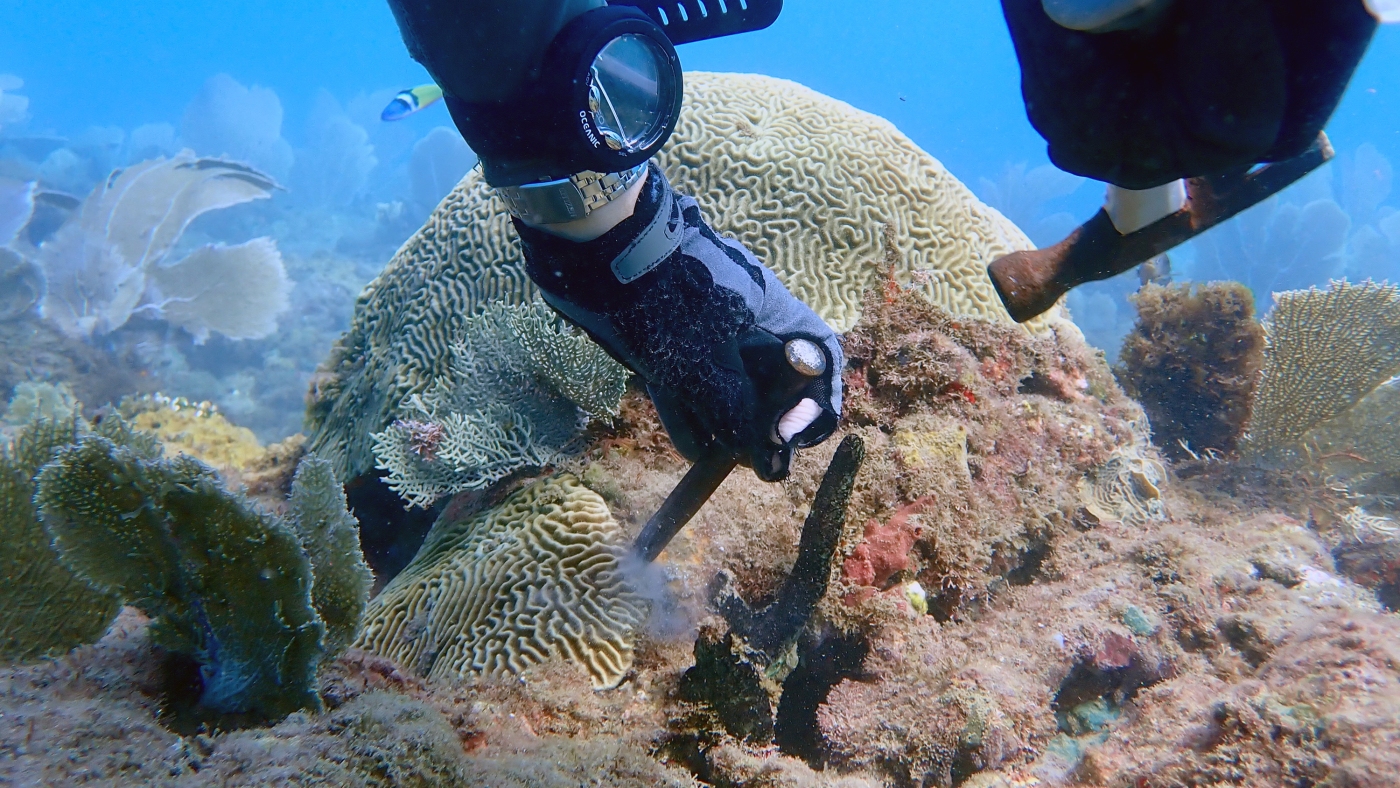Home / Environment / Flonduran Corals Offer Hope for Florida's Dying Reefs
Flonduran Corals Offer Hope for Florida's Dying Reefs
1 Oct
Summary
- Coral restoration efforts in Florida have been devastated by recent marine heat waves
- Scientists are breeding corals from Honduras to create heat-resistant "Flonduran" corals
- Flonduran corals have been planted in a controlled trial off the coast of Miami

As of October 2025, Florida's coral reefs are in crisis. Over the past two years, 80% of the world's reefs have experienced dangerous levels of heat, causing widespread coral bleaching and death. In Florida, more than 90% of the living coral off the Florida Keys has already perished.
In response, scientists at the University of Miami have been working to breed corals that can better withstand the effects of climate change. They have crossbred Florida corals with those from Honduras, creating a new "Flonduran" variety that is more heat-resistant. This summer, these young Flonduran corals were planted in a controlled trial off the coast of Miami, marking the first time internationally-bred corals have been introduced into U.S. waters.
Researchers are hopeful that the Flonduran corals will thrive in the face of rising ocean temperatures, providing a blueprint for coral restoration efforts around the world. However, they acknowledge that even these heat-tolerant corals may not be enough to save Florida's reefs in the long run, as marine heat waves become more frequent and severe. The race is on to find solutions that can keep pace with the rapidly changing climate.



